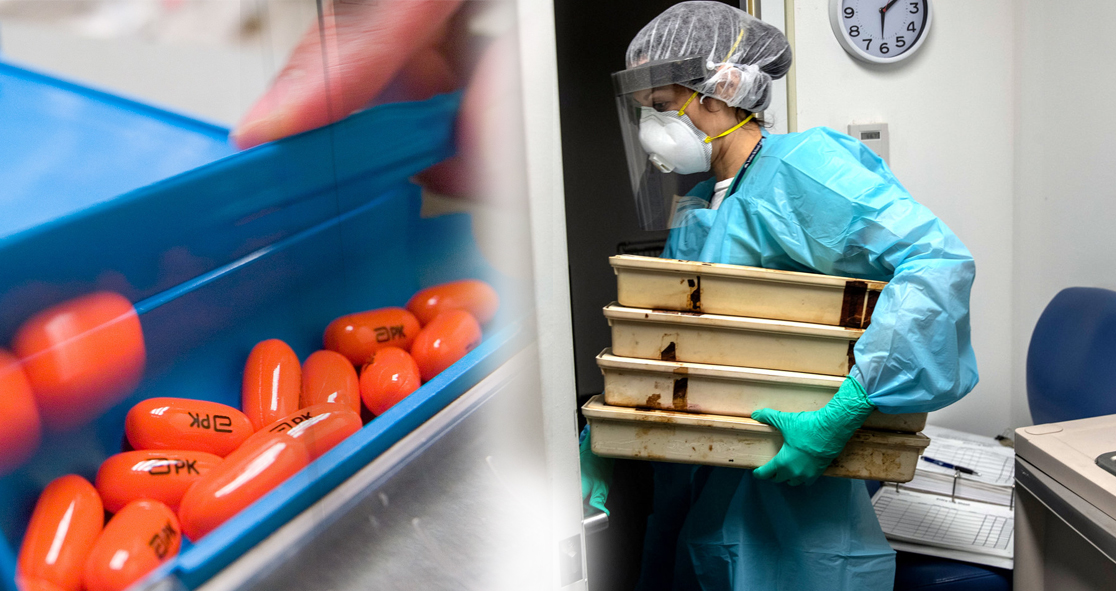Trials for Kaletra, a combination of antiviral drugs lopinavir and ritonavir, have failed to show any promising effects on treating the new coronavirus, aka COVID-19.
The trials tested Kaletra that is normally used for the treatment and prevention of HIV/AIDS.
Researchers published their findings in The New England Journal of Medicine. They wrote, “No benefit was observed.”
The researchers found that Kaletra did not shorten the illness or prevent deaths.
There is no specific drug or treatment for COVID-19 and doctors have been desperately testing a wide range of medications so that something would help infected patients, especially those who are critically ill.
Antiviral drugs have been considered possible treatments but there has been nothing so far.
However, the researchers said this one study is not the end of the world. They suggested that more studies would help determine whether the drugs would work.
In China, doctors have been dosing patients with antivirals and antibiotics to fight off the virus. Some patients were even dosed with steroids and other drugs to bring down severe inflammation, which could be fatal.
The epidemic is spreading so fast that doctors are trying different approaches even though there is no strong evidence that they would work. Some doctors are even trying to develop their own treatment protocols.
The U.S. Centers for Disease Control and Prevention (CDC) has recommended supportive care but there is no evidence yet to support that antiviral drugs are effective.
Dr. Tim Schacker from the University of Minnesota said, “If I’m out in the community and I’ve got somebody who’s dying, of course, I would do whatever I could to try and help them.”
Doctors have even tried giving patients hydroxychloroquine, a relatively safe malaria drug, which lab testing indicated might keep the virus from invading human cells. There have been reports that the drug might help patients with COVID-19, but there is not enough data.
Meanwhile, in Seattle, human trials of remdesivir, an antiviral drug developed by Gilead Sciences, have been undergoing.
Dr. James Town from Harborview Medical Center in Seattle, said that the first choice for most patients would be the remdesivir study and the second choice would be hydroxychloroquine.
“There are trials going on for some of these things in some areas. All are rapidly enrolling, but their data won’t be back in time for a lot of places to make these decisions,” said Dr. Town.
The University of Minnesota has been conducting three studies – first on remdesivir, second on hydroxychloroquine, and third on losartan, which is an antihypertensive agent.
“We’re trying to ask the question in the midst of the confusion and everything that’s going on, ‘Do these drugs help? Yes or no?’” Dr. Schacker said.
“If no, let’s move on.”






















